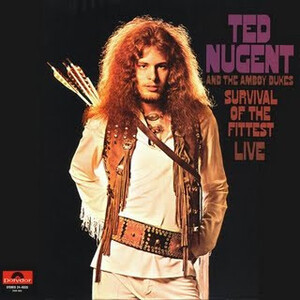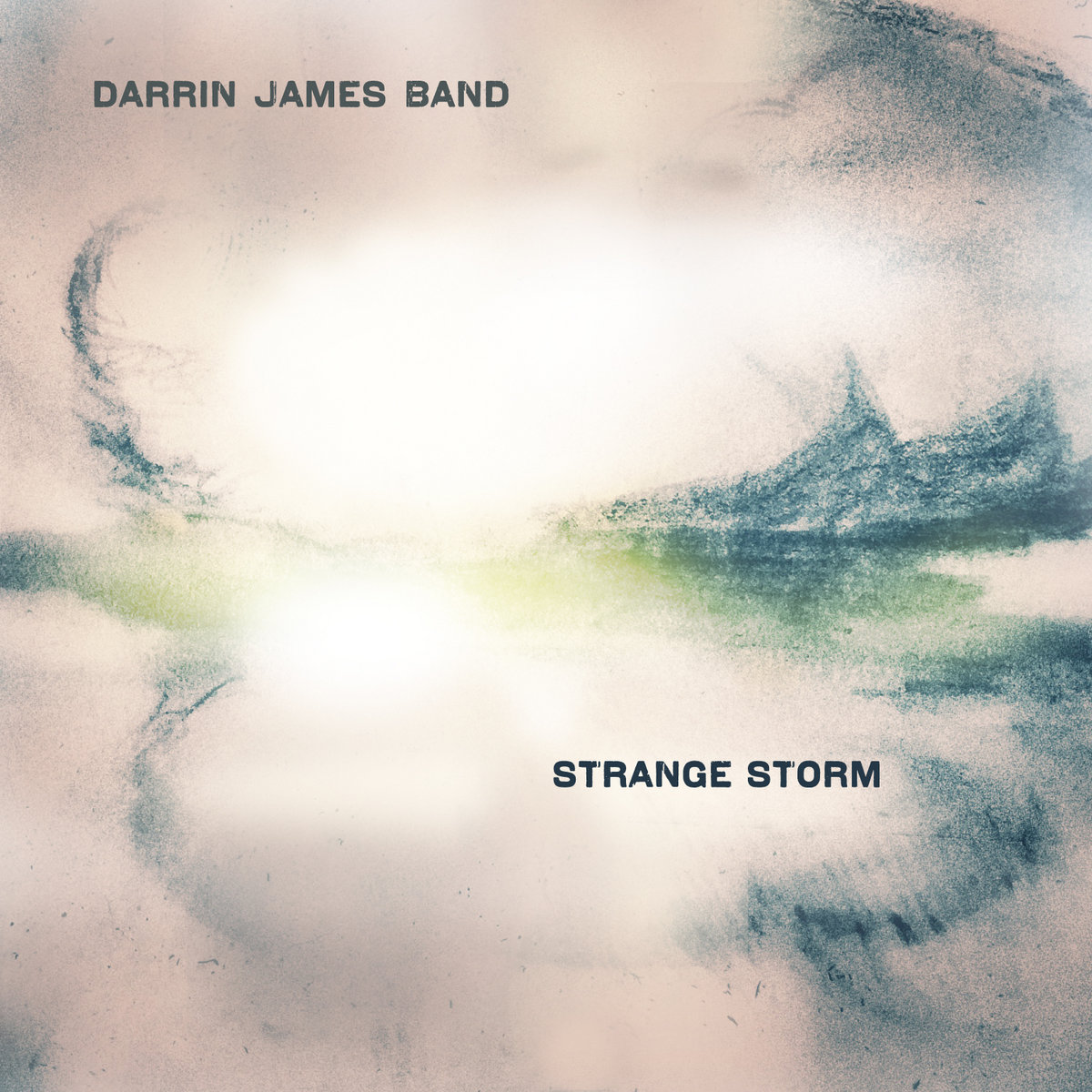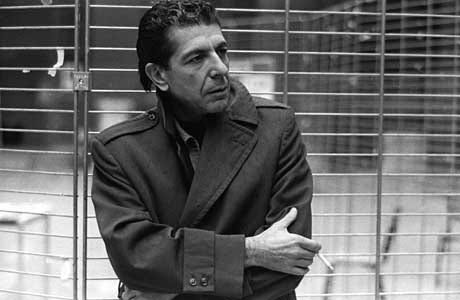(from the UCSD Guardian, where I was bloviating for a few years as Arts Editor during the late Seventies, early Eighties.-tb)
After a modicum of meditation, soul-searching, and late-night phone calls, I've decided that this annual autopsy we call a "year-in-review" won't be as grisly as I imagined. In fact, the most outlandish generalization one could make about the state of pop music in 1979 is that it was merely "okay." As in any year, there were plenty of decent albums that passed through my hands on to mine and my writer's turntable, but there was a sizable proportion of discs from new and established artists that fall well below what one wants to hear. In any case, rock and roll don't seem to be dying at the present moment, though I, like anyone else who's been involved with the stuff too much for their own good, would have to have heard more records that reached the high watermark. What follows are my annual hit-and-run comments on the previous year's more or less notable releases.
1) Armed Forces — Elvis Costello (Columbia): Although Nick Lowe's production is at times heavy-handed and strains too often for effect (too much piano, echo chambers, an overkill of vocal over dubs), Costello remains a formidable talent that no amount of cheap garnish can obscure. At best, (more times than not) Costello is dead on target. At worst, he's utterly incoherent and artlessly paranoid.
2) Nice Guys — The Art Ensemble of Chicago (ECM): By definition, avant-garde or "free" jazz is supposed to be difficult for the uninitiated to warm up to, but the Ensemble's latest seems (to me at least) to be the one '79 release in the genre that even Mangione fans can find enjoyable. Nice Guys is a brilliant crazy quilt of styles and strategies, with the shifting textures and colorations of saxophones, trumpets, drums, bass, and a plethora of more obscure instruments proceeding through a fascinating session of unconventional improvisation.
3) Trevor Rabin — Trevor Rabin (Chrysalis) Rabin is a singer-songwriter-guitarist from South Africa who's same-named debut album supplies the kind of mega-rock that Todd Rundgren's been promising for years. Rabin proceeds through a far-fetched array of styles, from Mountainesque heavy-metal, syrupy ballads, McLaughlin-inspired jazz-rock, Zappa-like ensemble virtuosity, through disco and reggae, often blending these incongruous strands into the same song. And, incredibly, it works.
4) Van Halen II — Van Halen (Warner Brothers): Edward Van Halen plays flashy hard rock guitar with admirable vengeance and ingenuity; that is enough for me.
5) One of a Kind — Bill Bruford (Polydor): The former Yes, King Crimson and Genesis drummer deftly leads a band of superb musicians through a session that combines the best of progressive rock (compositional organization with a rich sense of harmony and counterpoint) and the best of fusion rock (inventive soloing meshing hard-rock dynamics with fleet-fingered technique). Guitarist Allan Holdsworth performs as though in a state of grace, and bassist Jeff Berlin is someone to watch out for.
6) New Values — Iggy Pop: Iggy, who is the godfather of punk if anyone is, has finally transcended the problems that've too often stopped him from delivering that all-purpose knockout punch. The music is crunchy, cantankerous rock and roll, Iggy's vocals have the appeal of the off-hand remark, and the lyrics succeed in being anti-intellectual without the obnoxious posturing that is the calling card of many whom Iggy has influenced. Iggy proves here that he is the main-man.
7) Shiny Beast (Bat Pull Chain) — Captain Beefheart and the Magic Band
ner Brothers): Beefheart, rock's most idiosyncratic avant-garde individualist, is refreshingly in place for once, seeming to have hammered his worrisome kinks and quirks into a form that benefits his talent for constructing fractured, asymmetrical, dada-derived music. Splendid use of free jazz tonalities, urban blues, Caribbean rhythms, and rhythm and blues. (Warner Brothers): Beefheart, rock's most idiosyncratic avant-garde individualist, is refreshingly in place for once, seeming to have hammered his worrisome kinks and quirks into a form that benefits his talent for constructing fractured, asymmetrical, dada-derived music. Splendid use of free jazz tonalities, urban blues, Caribbean rhythms, and rhythm and blues.
8) Fear of Music — Talking Heads (Sire): Talking Heads, I fear, is more of an alliance with art-rockers like Eno, Roxy Music and John Cale than with the New Wave, but that hasn't stopped me from liking them. Their music has a cleverly controlled graininess that puts them half-way between garage band amateurism and the post-twelve tone rigors of the "new music" conceptualists. David Byrne's lyrics, sung in a voice that sounds as though it might evaporate at any moment, expresses the tortured holistics of the paranoid mind while allowing as little self-pity as possible. This is the work of a refreshingly straightforward sociopath.
9) Rust Never Sleeps — Neil Young (Warner Brothers): Young, who, like Norman Mailer, has been producing advertisements for himself for years to little advantage (self-revelation must attain the universal, not the therapeutic, it's to sit well as something I'd like to investigate), has released a masterpiece of a kind, a rock and roll testament that deals with American icons, institutionalized violence, and the sand-trap of self-love (among other themes). And Crazy Horse helps Young play some of the dirtiest rock and roll of the sear.
10) Squeezing Out Sparks — Graham Parker: Parker bites the head off of everyone who's ever done him dirt with music and lyrics that have the mainstream kick of the old Rolling Stones. Blunt, uncompromising stuff.







